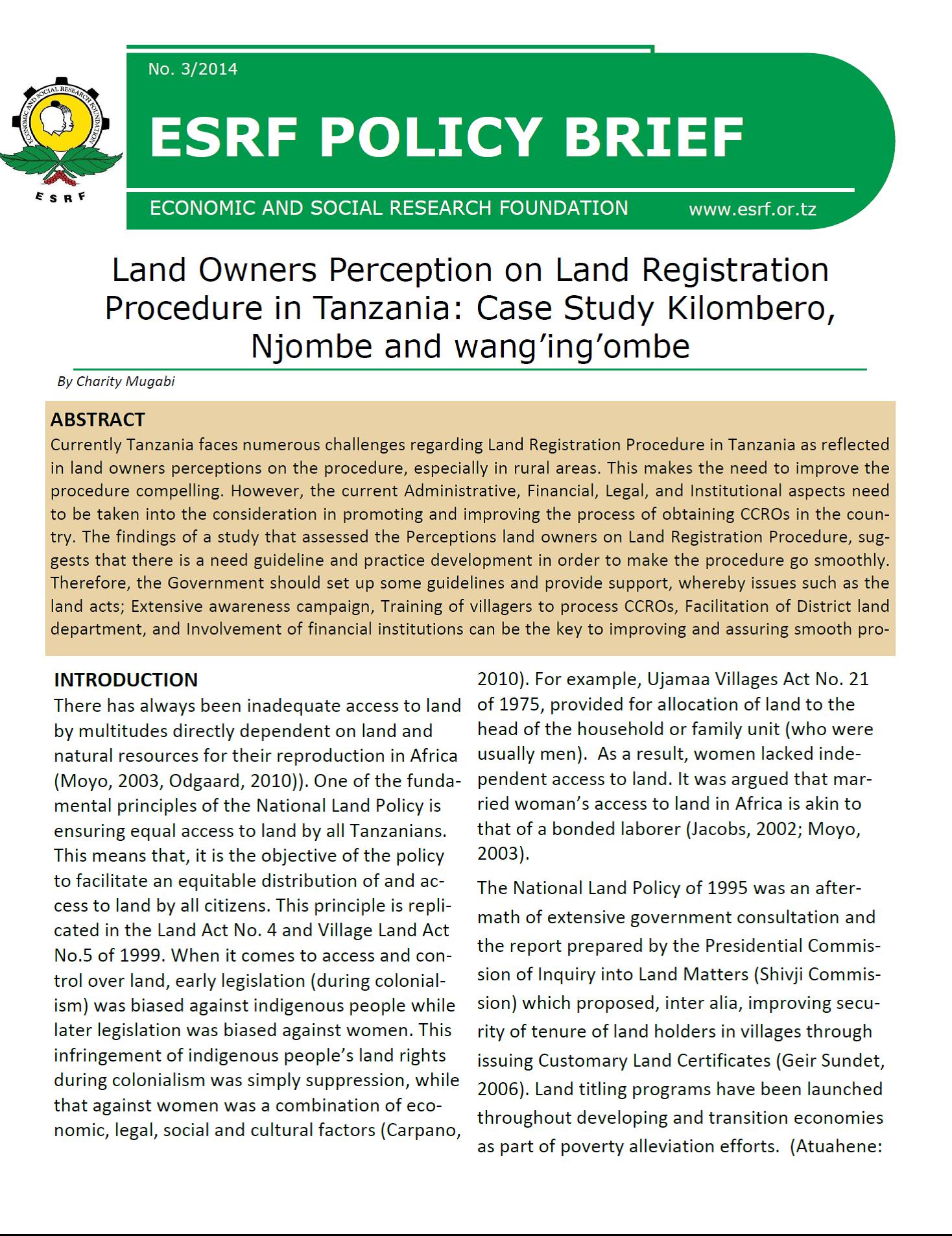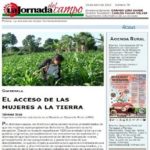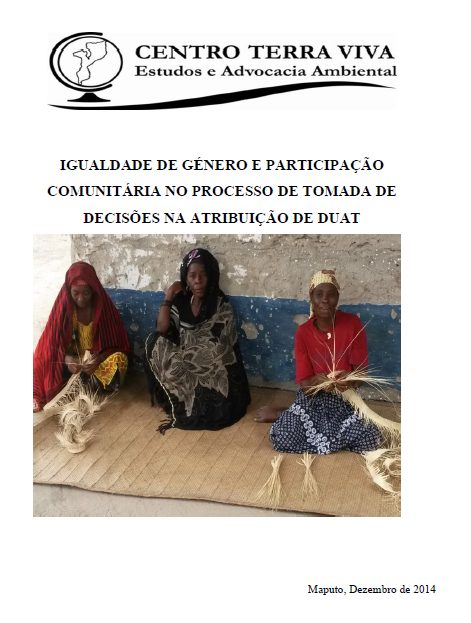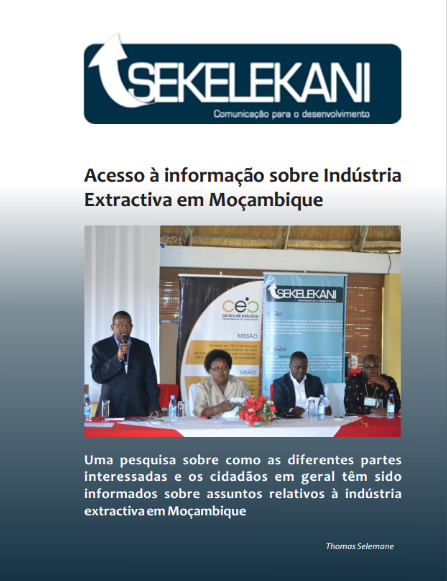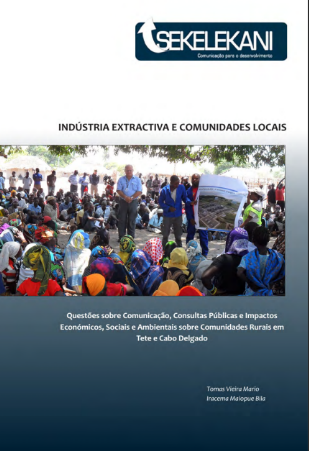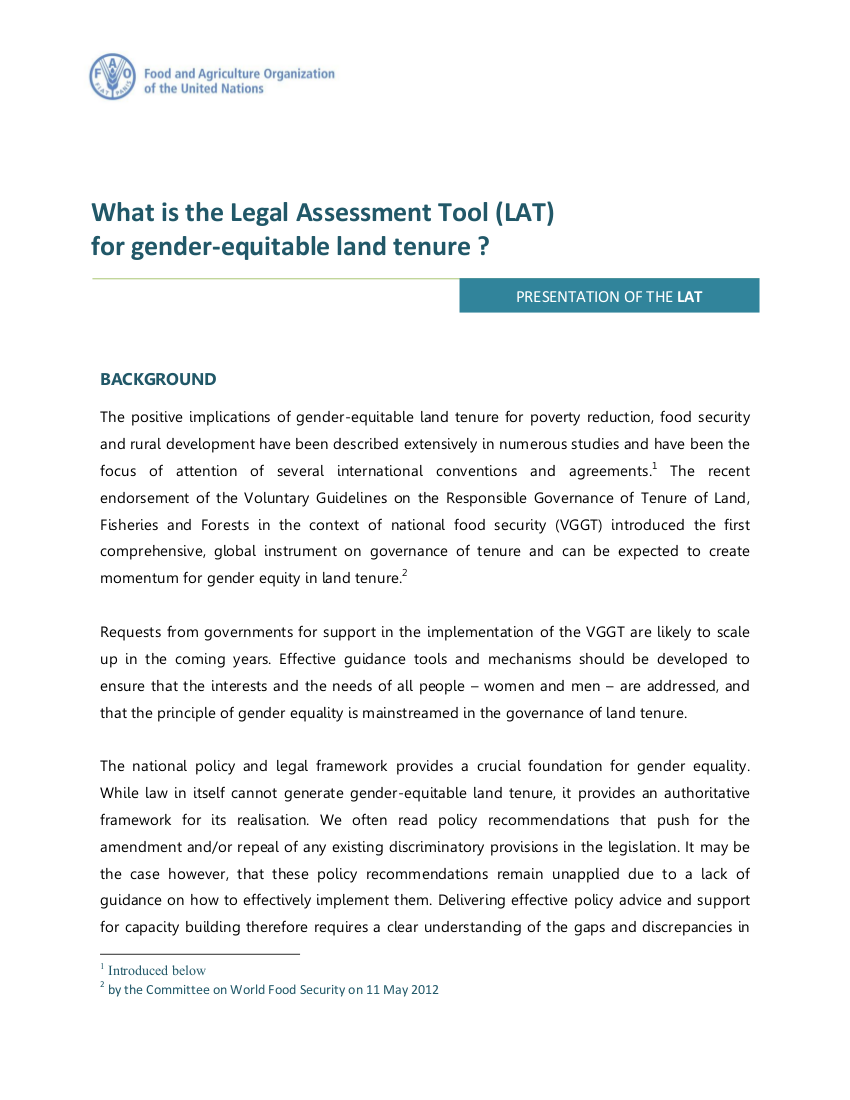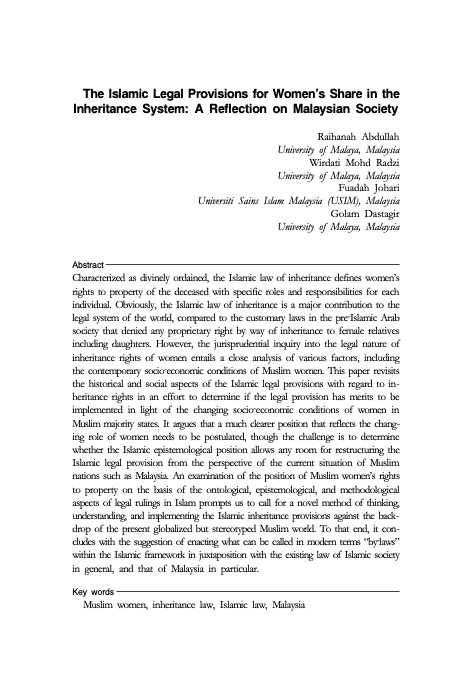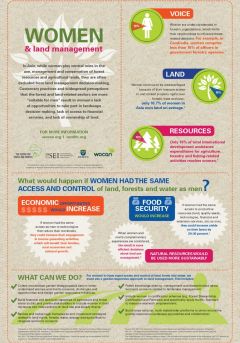Land Owners Perception on Land Registration Procedure in Tanzania
Currently Tanzania faces numerous challenges regarding Land Registration Procedure in Tanzania as reflected in land owners perceptions on the procedure, especially in rural areas. This makes the need to improve the procedure compelling. However, the current Administrative, Financial, Legal, and Institutional aspects need to be taken into the consideration in promoting and improving the process of obtaining CCROs in the country.

